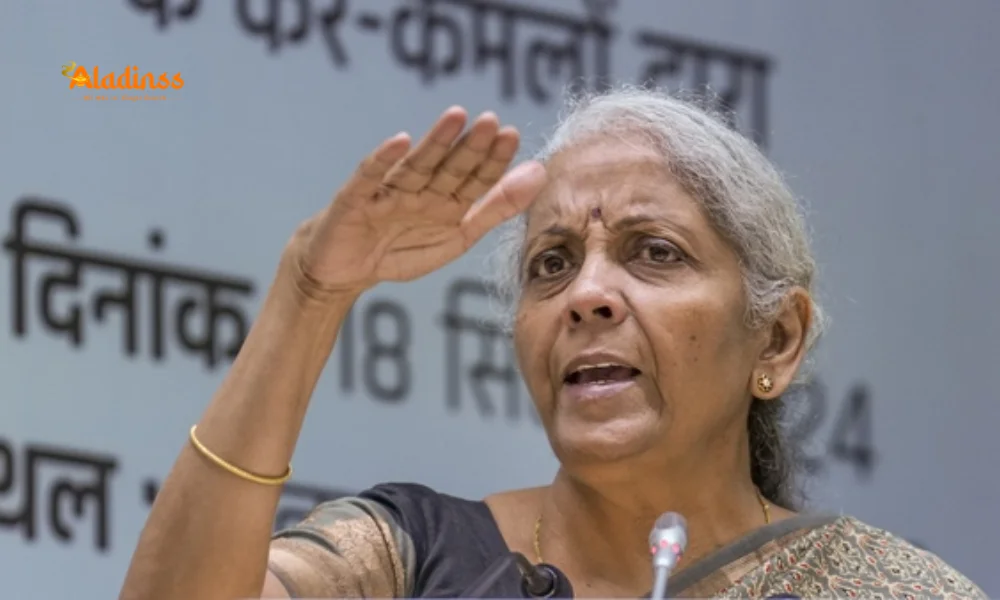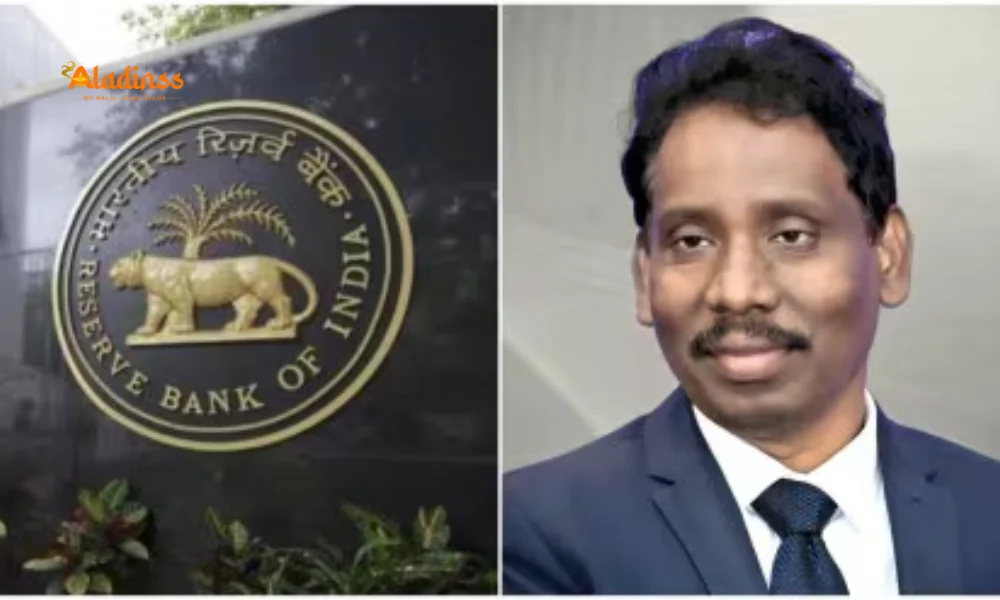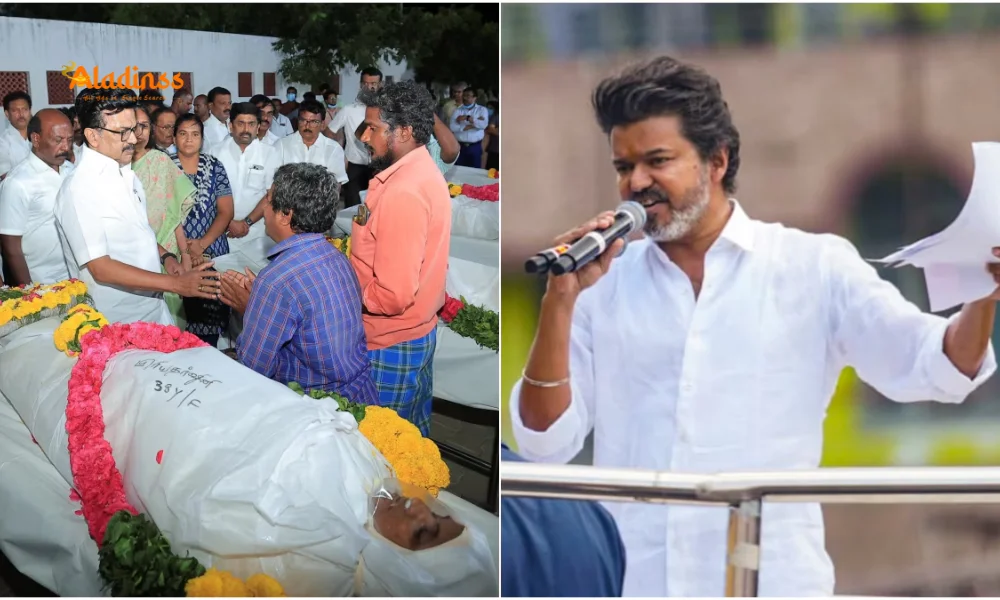Rs 1000 Schemes Boost Tamil Nadu Student Success
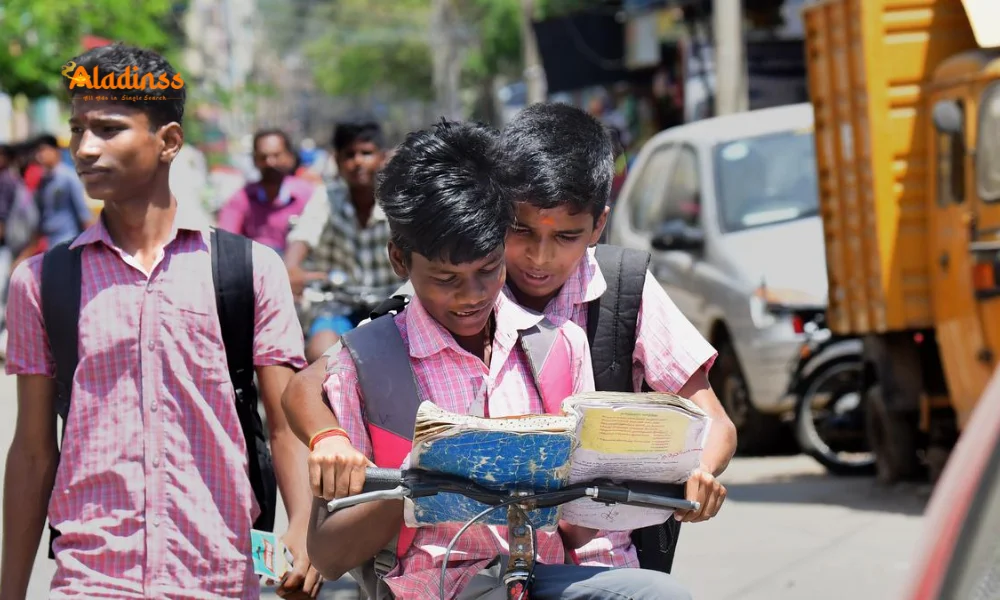
Tamil Nadu's Rs. 1,000 Schemes: Empowering Student Dreams at the 'Best Tamil Nadu in Education' Gala
In a vibrant celebration of academic excellence and governmental support, the Tamil Nadu education schemes took center stage at the 'Best Tamil Nadu in Education' program in Chennai. This landmark event highlighted how initiatives like the Rs. 1,000 monthly stipends under the Nan Mudhalvan and Tamil Pudhalvan schemes are transforming lives, particularly for underprivileged students. With over 1,000 attendees, including dignitaries and celebrities, the gathering underscored Tamil Nadu's commitment to making quality education accessible to all. Stories of resilience from beneficiaries of these Tamil Nadu student scholarships inspired the audience, showcasing the real impact of these programs on higher education enrollment and career aspirations.
The inaugural ceremony for the 2025-2026 'Innovative Woman - Tamil Son' schemes unfolded at the iconic Nehru Indoor Stadium, drawing widespread acclaim. As part of broader Tamil Nadu government education programs, these efforts aim to bridge gaps in educational opportunities, especially for girls and boys from rural and marginalized communities. Chief Minister M.K. Stalin, chairing the event themed 'Tamil Nadu, the Best in Education,' welcomed Telangana Chief Minister Revanth Reddy as the chief guest. The evening kicked off with mesmerizing cultural performances, setting a tone of unity and progress in the state's educational landscape.
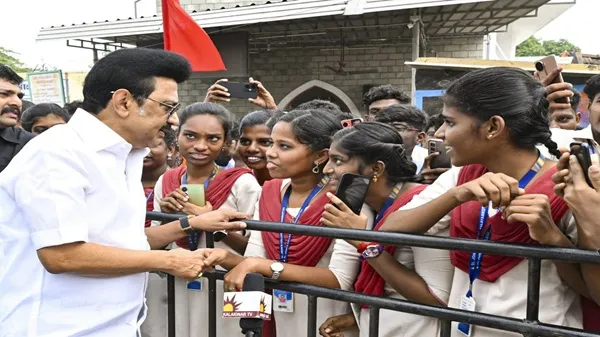
Heartwarming Tales from Nan Mudhalvan Scheme Beneficiaries
One of the most poignant moments came from Prema, a determined student from Tenkasi district, who credited the Nan Mudhalvan scheme for her academic journey. Overcoming familial and societal barriers, Prema's father supported her education despite local skepticism. On stage, she presented her first salary slip to him, a gesture that symbolized the scheme's role in fostering financial independence. The Rs. 1,000 monthly aid helped cover essentials, allowing her to focus on studies without the burden of poverty. This story exemplifies how Tamil Nadu higher education stipends are not just financial support but catalysts for family empowerment.
Similarly, Ramya from Thanjavur shared an emotional narrative about using funds from the Innovative Women's Program to purchase a communication device for her hearing-impaired mother. "My mother's smile when she first used it made every late-night study session worth it," Ramya recounted, drawing applause and tears. These student success stories Tamil Nadu illustrate the ripple effects of targeted interventions, where small aids lead to profound changes in household dynamics and community perceptions of girls' education.
Calls for Expansion: Extending Support to Postgraduate Levels
The event wasn't without forward-looking appeals. Subalaxmi, an aspiring mathematics teacher, urged the extension of the Innovative Women's Program to postgraduate pursuits. Responding swiftly, Chief Minister Stalin invited her onstage and gifted his personal pen as a token of encouragement. This interaction highlighted the government's responsiveness to youth voices in shaping Tamil Nadu education initiatives 2025. Subalaxmi's plea resonates with broader demands for sustained support, ensuring that the momentum from undergraduate scholarships carries into advanced studies.
- Key Benefits of Extension: Continued financial aid for PG courses could boost enrollment by 20-30% in STEM fields.
- Inclusivity Focus: Prioritizing rural and SC/ST students to maintain equity.
- Long-Term Impact: Producing more qualified educators and professionals for Tamil Nadu's workforce.
Such moments underscore the evolving nature of Rs 1000 schemes Tamil Nadu, which began as basic stipends but now encompass holistic development. Launched in recent years, these programs have seen participation surge, with over 50,000 students benefiting annually. Data from the Higher Education Department indicates a 25% rise in college admissions from government schools, directly attributable to these aids.
Global Opportunities Through 'I Am First' and Other Flagship Programs
Adding an international flair, a student from Kanyakumari captivated the crowd by delivering her speech in fluent Japanese, crediting the 'I Am First' program for landing her a job in Japan. This initiative, part of Tamil Nadu's push for global employability, equips students with language skills and cultural exposure. "From a coastal village to Tokyo's tech hubs, these Tamil Nadu student success stories 2025 prove that borders are no barrier," she declared, emphasizing the scheme's role in elevating Tamil Nadu's youth on the world stage.
Manivasakam, another government school alumnus pursuing medicine, shared his journey of perseverance. Supported by his mother's tireless efforts in sanitation work, he navigated challenges with governmental backing. Chief Minister Stalin, in a touching nod, announced the shift from outdated terms like "sweeper" to "cleaner," honoring such unsung heroes. This policy tweak reflects the state's sensitivity to dignity in labor, intertwined with educational upliftment.
Government's Vision: Building on Tamil Pudhalvan and Innovative Schemes
The presence of luminaries like Deputy Chief Minister Udhayanidhi Stalin, ministers Anbil Mahesh Poyyabai and Govi Chezhiyan, alongside celebrities such as actor Sivakarthikeyan and directors Vetrimaaran, Mysskin, Gnanavel, Mariselvaraj, Thiagarajan Kumararaja, Prem Kumar, and Tamilarasan Pachaimuthu, amplified the event's prestige. Cricketer Natarajan, a symbol of grassroots success, joined in felicitating achievers, bridging sports and academics.
At its core, the Tamil Pudhalvan scheme 2025 mirrors Nan Mudhalvan by offering Rs. 1,000 monthly to male students from 6th standard onwards, promoting gender parity in education. Together, these form the backbone of Tamil Nadu's strategy to achieve 100% literacy and higher education gross enrollment ratios by 2030. Budget allocations for 2025-26 earmark substantial funds for digital classrooms, vocational training, and skill hubs, ensuring these schemes evolve with technological demands.
Broader Impact on Tamil Nadu's Educational Ecosystem
Beyond individual triumphs, these Tamil Nadu government student aids are reshaping the educational ecosystem. Enrollment in professional courses like engineering and medicine has spiked by 18% among scheme beneficiaries. Partnerships with industries ensure curriculum alignment, preparing students for jobs in emerging sectors like AI and renewable energy. Moreover, the focus on bilingualism—Tamil and English—positions Tamil Nadu competitively against national policies.
- Digital Integration: Free laptops and internet access under allied programs enhance remote learning.
- Vocational Emphasis: Tie-ups with IT firms for certifications in coding and data analytics.
- Equity Measures: Special quotas for differently-abled and tribal students to foster inclusivity.
Critics may point to implementation challenges in remote areas, but success metrics—such as a 40% drop in dropout rates—validate the approach. Community involvement, through parent-teacher forums, further strengthens these education schemes in Tamil Nadu 2025.
Celebrity Endorsements and Cultural Resonance
The infusion of cultural elements, from folk dances to modern skits, made the event relatable. Sivakarthikeyan quipped, "Education is the real blockbuster— these schemes are the heroes!" Directors like Vetrimaaran praised the narratives as "real-life scripts of triumph," drawing parallels to their films on social issues. This blend of glamour and grit amplified media coverage, reaching millions via social platforms.
Looking ahead, the government plans to scale these Tamil Nadu scholarship programs for girls with mentorship networks, linking students to alumni success stories. Pilot projects in districts like Madurai and Coimbatore test AI-driven career counseling, promising personalized pathways.
Future Horizons: Sustaining Momentum in Student Empowerment
As Tamil Nadu strides towards educational supremacy, the Rs. 1,000 schemes stand as pillars of progress. From Prema's salary gift to the Japanese-fluent engineer's poise, each tale reinforces the state's mantra: Education for all, excellence for Tamil Nadu. With Revanth Reddy's insights on inter-state collaborations, cross-border exchanges could further enrich these initiatives. Investments in teacher training and infrastructure will ensure scalability, targeting a 50% increase in beneficiaries by 2027.
The event's legacy extends beyond the stadium, igniting discussions on policy refinements. Stakeholders advocate for green campuses and mental health support, integrating holistic well-being into Tamil Nadu education policy 2025. Ultimately, these efforts cultivate a generation equipped not just with degrees, but with dreams realized.
In essence, the 'Best Tamil Nadu in Education' program wasn't merely a ceremony; it was a manifesto of hope. As more students like Ramya and Manivasakam rise, the Rs. 1,000 schemes continue to weave threads of opportunity into the fabric of Tamil society, promising a brighter, more equitable tomorrow.
Comment / Reply From
No comments yet. Be the first to comment!

